On the afternoon of October 17, the Central Hospital for Tropical Diseases announced that it had successfully treated a case of complicated soft tissue infection, post-surgery on the spine, on the basis of severe, complicated underlying pathology and multi-resistant bacterial infection - a clinical situation with high risk of serious progression, requiring multidisciplinary coordination and intensive treatment.
After falling from the second floor of a household accident, Mr. NVT (66 years old, from Tuyen Quang ) suffered an unstable lumbar spine fracture and was advised to undergo surgery and had his spine fixed with screws and plates at a provincial hospital. However, after surgery, the wound did not heal, pus continued to flow, and despite antibiotic treatment in many places, his condition did not improve.
The patient was indicated to remove the screws and plates, and debride the necrotic tissue. Microbiological tests showed positive results for multidrug-resistant bacteria, and diffuse lung damage and respiratory failure appeared.
When transferred to the Central Hospital for Tropical Diseases, the patient was in a state of severe infection, exhausted, had difficulty breathing, and had a persistent high fever. The open incision in the lumbar spine was more than 20cm long and 10cm wide, exposing the spine, thick pus, and necrotic tissue.
Inflammation index increased such as increased white blood cells, increased CRP reached 197 mg/L (nearly 20 times higher than normal threshold). CT image showed bilateral diffuse lung damage, the left lung was almost white - a sign of severe damage, risk of acute respiratory failure.
Master, Doctor Dang Van Duong, Center for On-Demand and International Medical Examination, directly treating the case, said: The patient has diabetes, coronary artery stenosis, and has had multiple surgeries. In addition, the patient was hospitalized for many days, his physical condition was deteriorating, and he had multi-resistant bacterial infections at many locations, making treatment intervention difficult, with the risk of rapid disease progression, multiple organ failure, and surgical intervention becoming much more complicated. Therefore, infection control requires synchronous, targeted, and strict intervention step by step.
The patient was consulted with the Department of Trauma, Orthopedics, Neurology and Spine Surgery, and underwent the first surgery: Debridement of all necrotic tissue; placement of a negative pressure suction system (VAC) to control pus, stimulate granulation tissue growth and prevent infection from spreading. Antibiotics were selected according to the antibiotic profile in combination with respiratory support, nutrition, blood sugar control and underlying diseases.
After 10 days of intensive treatment, the patient's fever was gone, his difficulty breathing was relieved, his lung damage was clearly improved, and his inflammation index had decreased significantly. The surgical wound was clean, the granulation tissue had grown well, and he was eligible for a second surgery to fix the spine and restore motor function.
Specialist Doctor 2 Nguyen Thanh Tung, Deputy Head of the Department of Trauma, Orthopedics and Neurology, Spine said: "We have re-installed the screw system, removed fibrous tissue and closed the surgical wound with drainage. The surgery was successful thanks to the well-controlled infection of the surgical wound. After surgery, the patient continued to be closely monitored at the Central Hospital for Tropical Diseases."
After more than 35 days of treatment, the patient was completely stable, could sit up and walk gently, the surgical wound was healed, there was no more fluid, and respiratory function was restored.
Master, Doctor Dang Van Duong affirmed: This case shows the irreplaceable role of specialized infectious diseases hospitals in treating complex post-operative infections. Multi-resistant bacteria, exposed bone necrosis, diffuse lung damage - if there is no close coordination between infectious diseases and surgery, the risk of treatment failure is very high.
Master, Doctor Dang Van Duong recommends that elderly patients with many underlying diseases, after surgery in general, if they see the surgical wound swollen, red, painful, especially pus discharge or the wound does not heal after 5-7 days, these are signs of surgical wound infection, they should go to a specialized hospital soon for timely assessment and treatment, to avoid spreading infection, sepsis or the risk of removing the fixation device./.
Source: https://www.vietnamplus.vn/benh-vien-benh-nhiet-doi-dieu-tri-ca-benh-nhiem-trung-nang-sau-mo-cot-song-post1070933.vnp



![[Photo] Worshiping the Tuyet Son statue - a nearly 400-year-old treasure at Keo Pagoda](/_next/image?url=https%3A%2F%2Fvphoto.vietnam.vn%2Fthumb%2F1200x675%2Fvietnam%2Fresource%2FIMAGE%2F2025%2F12%2F02%2F1764679323086_ndo_br_tempimageomw0hi-4884-jpg.webp&w=3840&q=75)
![[Photo] Parade to celebrate the 50th anniversary of Laos' National Day](/_next/image?url=https%3A%2F%2Fvphoto.vietnam.vn%2Fthumb%2F1200x675%2Fvietnam%2Fresource%2FIMAGE%2F2025%2F12%2F02%2F1764691918289_ndo_br_0-jpg.webp&w=3840&q=75)



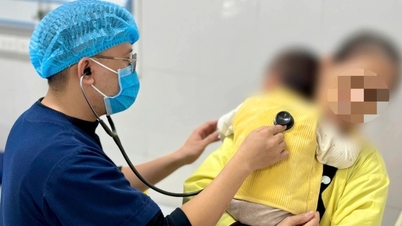

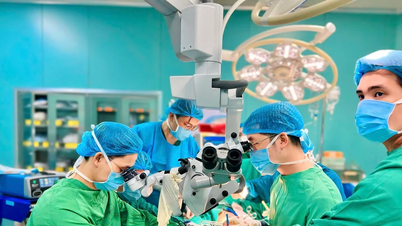
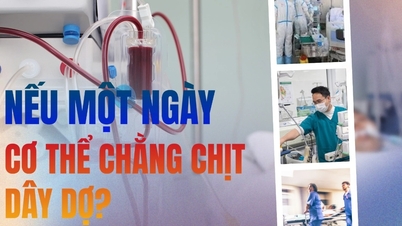






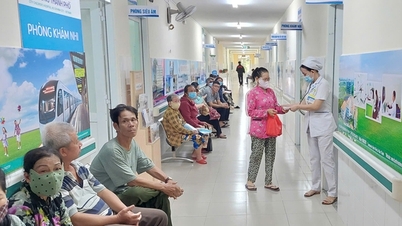


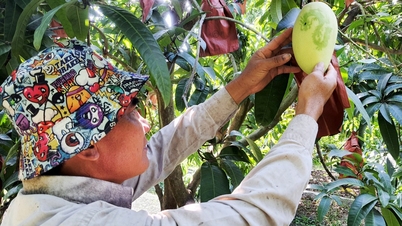







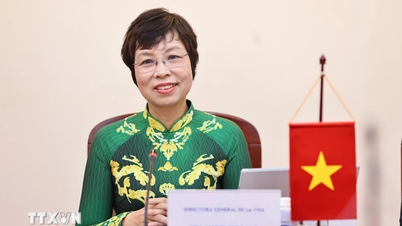


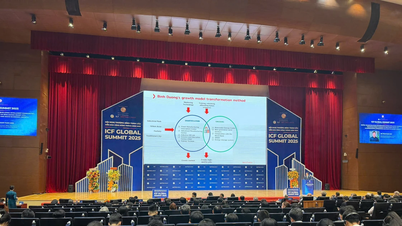



















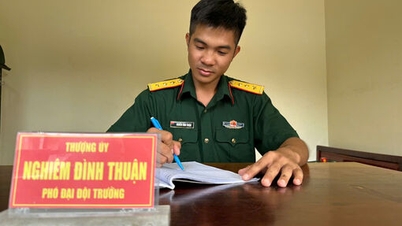

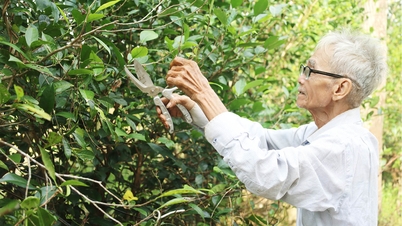

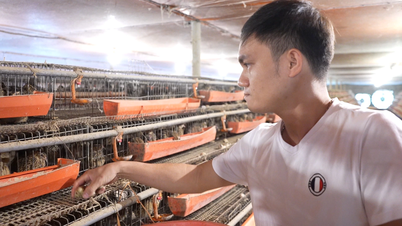




























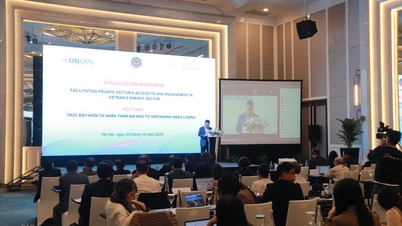

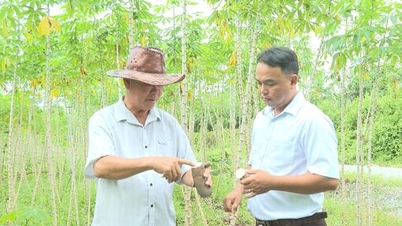


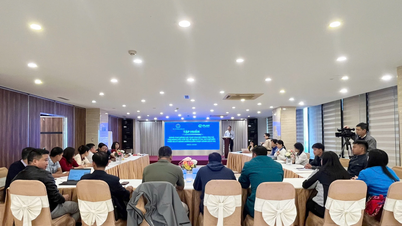




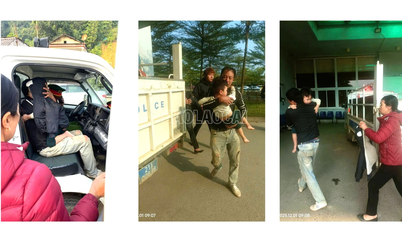













Comment (0)